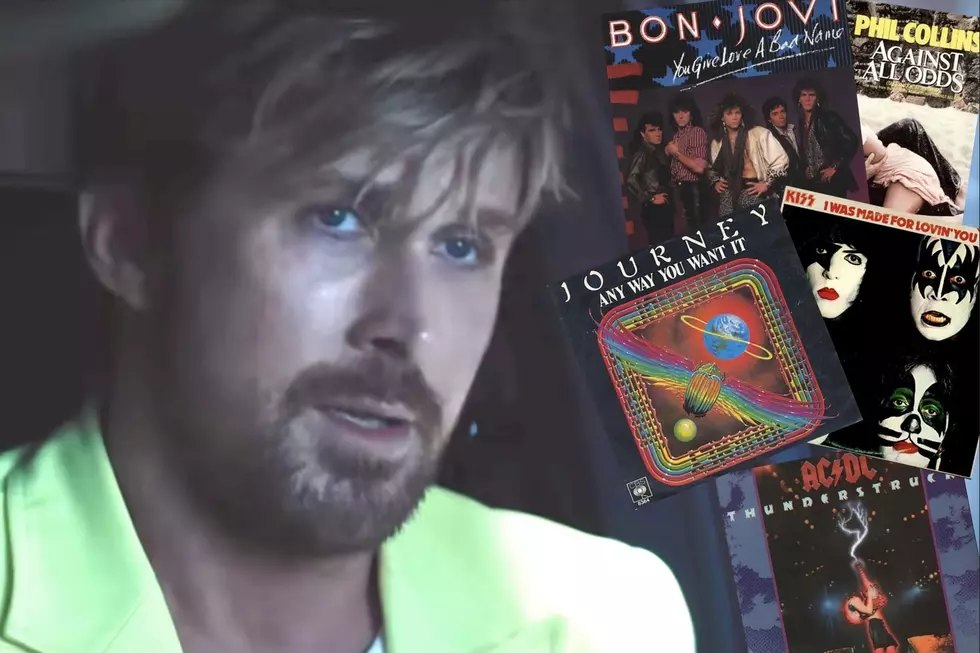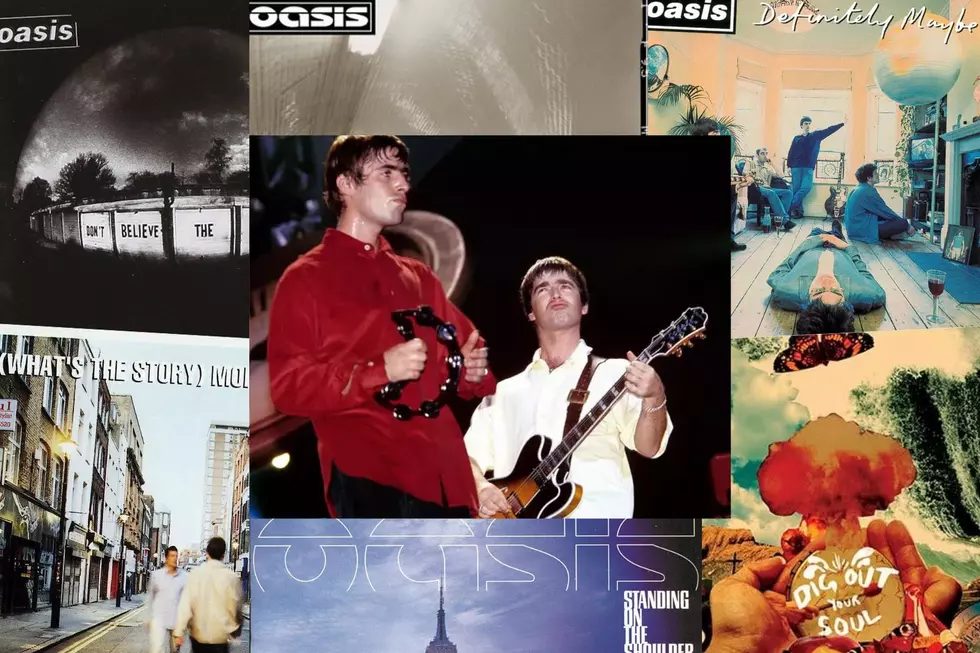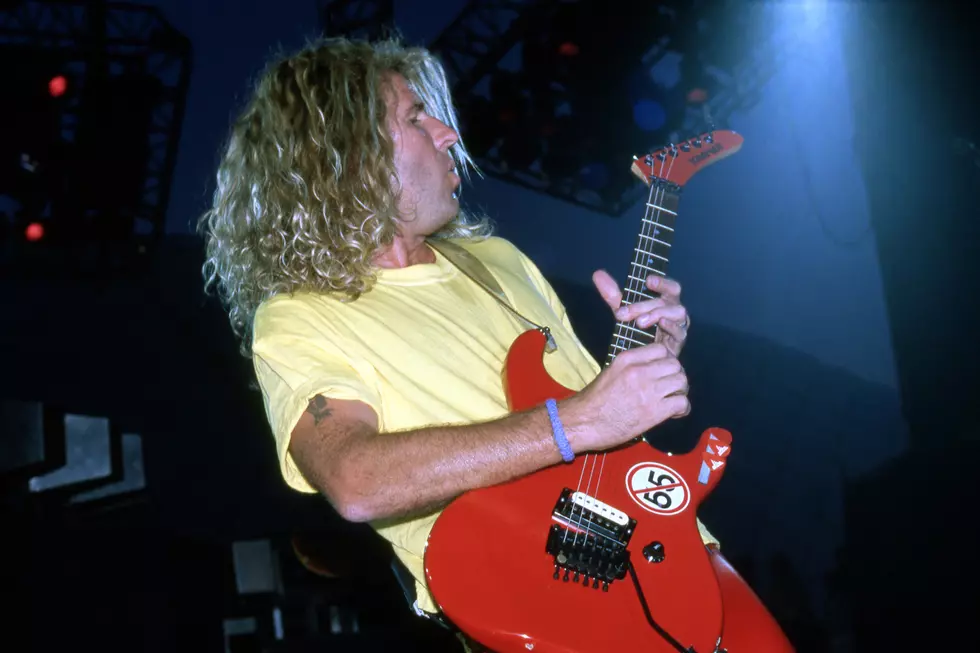
50 Years Ago: The Who Returns With Another Concept Album
The rock world got a pretty good taste of Pete Townshend's songwriting ambitions in 1969 with the Who's Tommy, one of the more fully realized concept albums of the era.
But as it turned out, Townshend was just getting warmed up.
The band's sixth album, Quadrophenia, which was released in October 1973 in the U.S. and on Nov. 1 overseas, matched Tommy in size and scope, delivering more than 81 minutes of music spread over two LPs. At this point, pinball was far from Townshend's mind. Starting out with the intent of putting together a sort of musical band biography, he eventually morphed Quadrophenia into a sprawling rock opera about English life in the '60s as seen from the perspective of Jimmy, a teenager whose personality is fractured into four diverse components.
READ MORE: Ranking Every Song by the Who
Jimmy's personalities, as laid out in the liner notes, are brought to life by the members of the Who: Roger Daltrey ("a tough guy, a helpless dancer"), John Entwistle ("a romantic"), Keith Moon ("a bloody lunatic") and Townshend ("a beggar, a hypocrite"). It's kind of a complicated approach to telling a story, but it opened Townshend's palette wide enough for Quadrophenia to incorporate 17 wide-ranging tracks, including some of the band's cherished classics.
In fact, Quadrophenia has gone on to enjoy generally acknowledged status as one of the Who's greatest achievements, not to mention one of the very small number of successful rock concept albums, and a 1979 film version was released to near-universal critical acclaim.
Listen to the Who's 'Love Reign O'er Me'
Why Pete Townshend Was Proud of 'Quadrophenia'
At the time, however, it was just the latest salvo in the ongoing maelstrom of creative activity within the band. The LP's heavily layered production also meant that they had to rely on a tricky system of taped backing tracks on the subsequent tour, leading to a number of onstage headaches.
For all its colossal, potentially befuddling ambition, Townshend ended up looking back on Quadrophenia with an appropriate level of pride.
READ MORE: When Roger Daltrey Was Tommy Before 'Tommy' Existed
"In 1972 I was 28, writing about London and Brighton in 1963 and 1964 when the band was just starting," he told the Irish Times in 2013. "I was still young enough to remember how it felt to be 16 or 17, and at war with my parents, bosses and authority. I could still remember that feeling of struggling to fit in, something that happened to me when I was even younger, around 14, and everyone around me seemed to have got their lives on track. This is such a universal experience for young people that it has echoed."
Although the Who continued to record and release new music for years after Quadrophenia, in retrospect Townshend senses that a major part of the band's story ended with its release. "I've always felt that Quadrophenia was the last definitive Who album," he told NME in 2011. "I've always regarded it as a very ambitious album, but what got away was the story. To me, it felt like it was the end."
Classic Rock Artists Who (Allegedly) Ripped Somebody Off
Gallery Credit: Nick DeRiso
Why the Who's Drummer Invited Fans to Moon Him
More From Ultimate Classic Rock









